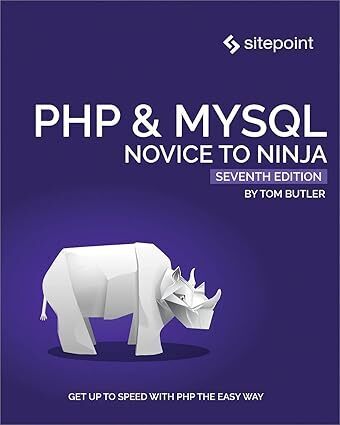
本文仅代表个人观点,不构成任何建议。
Ruby和JavaScript等语言的一个吸引人的特性是其变量作为对象处理的方式。这种设计在某些情况下提升了代码可读性,但在另一些情况下则并非如此。
例如:
# Ruby程序,演示length方法
str = "hello, world!"
puts str.length # 在控制台打印13PHP中的等效代码:
$str = 'hello, world!';
echo strlen($str);在我看来,Ruby或JavaScript的写法更具可读性,因为变量充当主语,方法充当谓语。
PHP不支持这种代码风格,因此我创建了一个类来模拟这种行为。但请注意,此类仅供学习和实验,不建议在生产环境中使用,因为它可能存在性能问题。
<?php namespace scalar;
use Exception;
use ReflectionFunction;
class scalar {
private $scalar;
public function __construct($scalar) {
if (!is_scalar($scalar)) {
throw new Exception('非标量值');
}
$this->scalar = $scalar;
}
public function __call($method, $arguments) {
if (!function_exists($method)) {
throw new Exception('函数' . $method . '不存在');
}
if (!empty($arguments) && array_keys($arguments) !== range(0, count($arguments) - 1)) {
$reffunc = new ReflectionFunction($method);
$params = $reffunc->getParameters();
$mappedargs = [];
foreach ($params as $param) {
$name = $param->getName();
if (isset($arguments[$name])) {
$mappedargs[] = $arguments[$name];
} elseif ($name === 'data') {
$mappedargs[] = $this->scalar;
} elseif ($param->isDefaultValueAvailable()) {
$mappedargs[] = $param->getDefaultValue();
} else {
throw new Exception("函数$method缺少必需参数:$name");
}
}
return $reffunc->invokeArgs($mappedargs);
} else {
array_unshift($arguments, $this->scalar);
return call_user_func_array($method, $arguments);
}
}
public function getScalar() {
return $this->scalar;
}
}重要的是,为了使此类正常工作,需要使用将变量名放在前面的函数调用方式。
<?php
$data = new customerdata(
name: $input['name'],
email: $input['email'],
age: $input['age'],
);
?>以下示例演示了如何使用这个类调用单参数和多参数函数:
<?php
try {
$a = 'hola mundo';
$a_object = new scalar($a);
$result = $a_object->hash(algo: 'sha256', binary: true);
echo $result; // 'hola mundo'的二进制SHA256哈希值
echo $a_object->strlen(); // 返回10 ('hola mundo'的长度)
} catch (Exception $e) {
echo '错误:' . $e->getMessage();
}
?>




